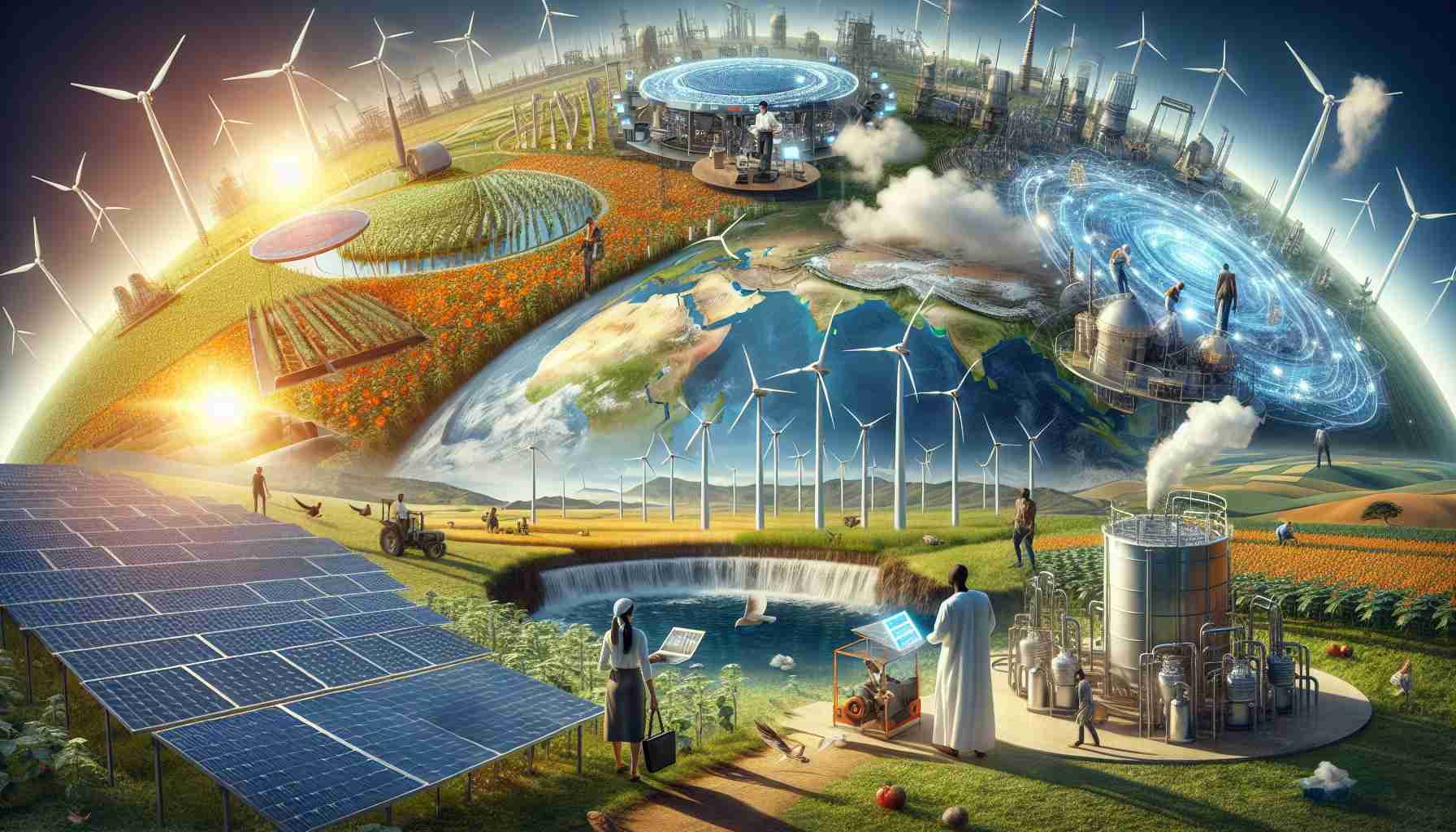
A recent analysis of global green energy production highlights the leading nations embracing renewable sources. The Netherlands emerges as a frontrunner, producing 171.93 megawatts per 100,000 capita. Following closely is Germany with 161.09 MW and Spain with 130.44 MW, showcasing significant progress in sustainable energy initiatives.
Notably, Europe dominates this movement, with 11 out of the top 20 countries paving the way for green energy development. Other key players span across continents, illustrating a worldwide commitment to cleaner energy solutions. Director Ugo Valenti emphasizes the importance of renewable sources, citing their crucial role in combatting pollution and shaping global agendas towards a more sustainable future.
To contribute towards a greener planet, individuals can take actionable steps in their daily lives. Initiatives such as reducing meat consumption, adopting pets from shelters, and supporting sustainable fashion brands can collectively make a difference. Moreover, staying informed, signing petitions for environmental causes, and practicing eco-friendly habits like recycling and conserving energy are effective ways to support the transition towards renewable energy.
By fostering a collective dedication to sustainability and embracing renewable energy innovations, we can actively shape a more environmentally conscious and healthier world for future generations.
Exploring the Future of Renewable Energy Production Around the Globe:
When delving into the landscape of renewable energy production worldwide, key questions arise that shed light on the direction and challenges faced in this vital sector:
1. What are the Most Promising Emerging Markets in Renewable Energy?
Among the emerging markets for renewable energy, countries in Asia such as China and India are making significant strides. China, for instance, leads the world in solar energy capacity and is rapidly expanding its wind power resources. India, on the other hand, is focusing on solar and wind energy to meet its growing energy demands.
2. What Role Can Technological Innovations Play in Advancing Renewable Energy?
Technological innovations such as energy storage solutions, advanced grid systems, and artificial intelligence applications are crucial in optimizing the efficiency and reliability of renewable energy sources. These innovations are instrumental in overcoming the intermittent nature of sources like solar and wind power.
3. What Are the Key Challenges and Controversies Associated with Renewable Energy Production?
One significant challenge in renewable energy production is the issue of intermittency, where power generation may not align with peak demand periods. This necessitates advancements in energy storage technologies to ensure a stable and reliable energy supply. Controversies also exist around the environmental impact of large-scale renewable energy projects, highlighting the need for sustainable practices in their implementation.
By addressing these questions, we can better understand the complexities and opportunities within the realm of renewable energy production.
Advantages and Disadvantages of Renewable Energy:
Advantages:
– Renewable energy sources are abundant and inexhaustible, offering a long-term sustainable solution to energy needs.
– They contribute to reducing greenhouse gas emissions, mitigating climate change impacts.
– Renewable energy technologies create job opportunities and foster economic growth in the green energy sector.
– Diversifying energy sources through renewables enhances energy security and reduces dependence on fossil fuels.
Disadvantages:
– Initial investment costs for setting up renewable energy infrastructure can be high, although long-term operational costs are generally lower.
– The intermittency of sources like solar and wind power requires effective storage solutions to ensure a continuous energy supply.
– Geographic limitations may impact the feasibility of certain renewable energy sources in certain regions.
– Environmental considerations must be carefully managed to avoid potential ecological impacts of large-scale renewable energy projects.
In navigating the future of renewable energy production, striking a balance between harnessing the benefits of clean energy sources and addressing associated challenges is paramount for a sustainable energy transition.
For more insights into the global landscape of renewable energy production, visit World Energy Council.



